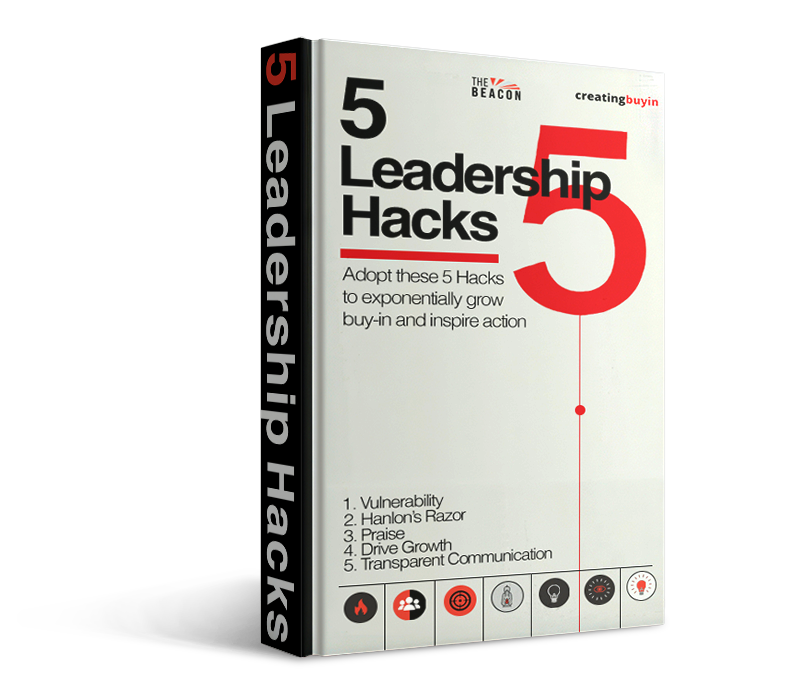Building Trust
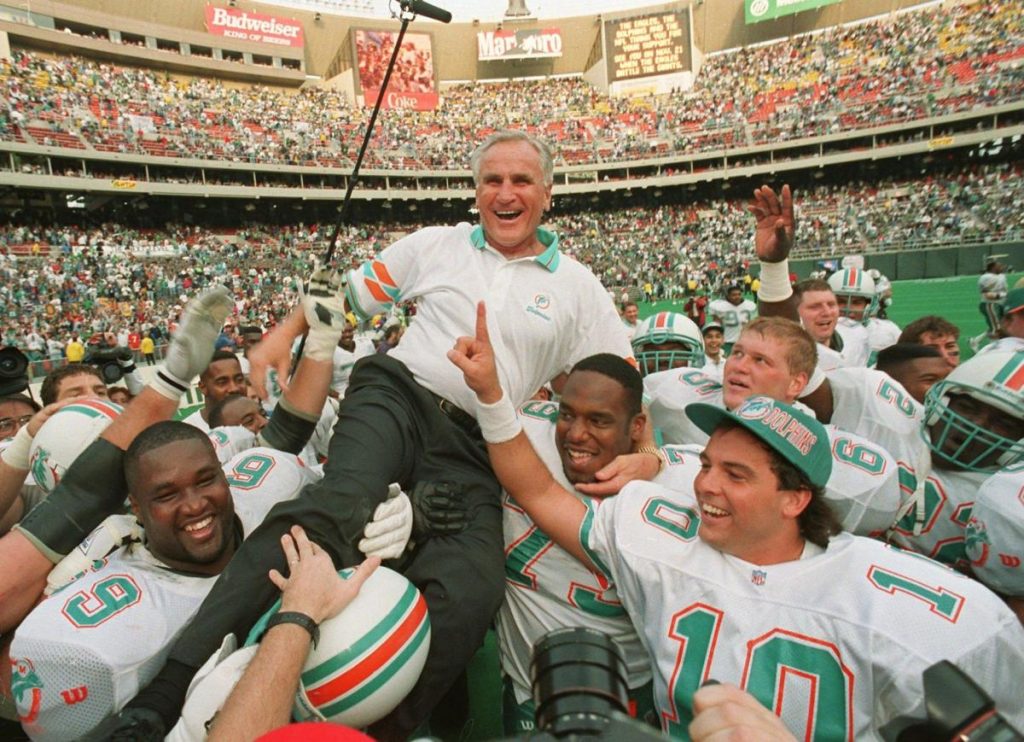
If you don’t have this valuable component, you have nothing, Plain and simple. Trust is the end-all-be-all to leading a group of people. If you don’t have it, then you can pack your bags. A team of people will NEVER, I mean NEVER show up for you if you do not establish a strong foundation of trust to build everything on. Think about it. Who was the last person at work whom you trusted and had a great rapport with? You would have probably run through a brick wall for that person. Maybe you would have even risked your job, position, or title just to stand up for them.
Trust must be displayed early, often, and in any and all ways possible. We spoke about how to start things out in “You’re in charge now what”. In that we went into what the steps the first day should consist of. Unintentionally you planted the seeds of trust. Here we’ll discuss how to water that trust plant you planted that day.
You Have to Eradicate Your Ego
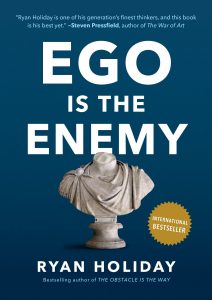 Many managers or coaches may think different. They may feel they need to assert dominance by making their presence known. The proverbial “things are going to change around here” mindset. Nobody wants that. Nobody cares about your previous accomplishments or wants to see you flex your ego. Certainly, because of this, they will never go to war “with you”. Notice how we didn’t say “for you”.
Many managers or coaches may think different. They may feel they need to assert dominance by making their presence known. The proverbial “things are going to change around here” mindset. Nobody wants that. Nobody cares about your previous accomplishments or wants to see you flex your ego. Certainly, because of this, they will never go to war “with you”. Notice how we didn’t say “for you”.
The worst part is that once rapport or trust is damaged, it is hardly ever repaired. That is why it is so important. Ryan Holiday explains how an out of control ego will be your down fall in “Ego is The Enemy”
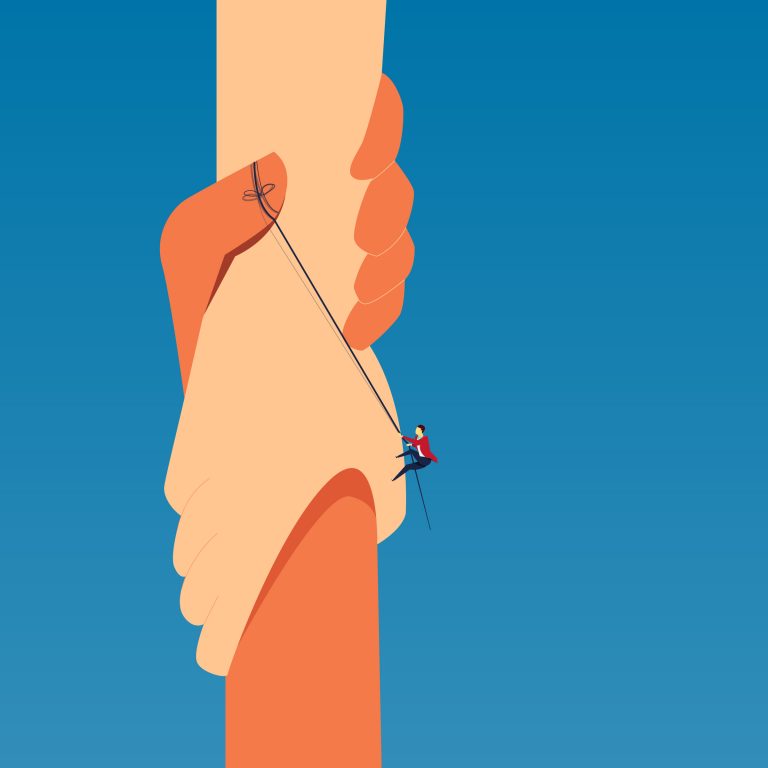
How Do We Build Trust?
As I said earlier it is priority number one, so it’s the first thing to target. Think of it this way: Say you’re rock climbing and the path is beginning to get difficult. Is there anyone on your team you wouldn’t want to be tethered to? How about the other way around. Do you think anyone on your team would feel ok being tethered to you? Would they feel ok being tethered to each other? THAT is trust.
For the most part, anyone you’ve trusted in your past has had a genuine interest in your well being. They asked questions about you, got to know you, asked your opinions on things, made you feel included, made you feel important, and built a rapport with you. In the end, they showed a true interest in you as a person and treated you that way.
Coach the person NOT the product
In any meeting you have with a colleague, the first question should always be “how are you”. They’ll usually respond with some sort of business metric but that is not what you’re after. That’s the “product”. You want to know how they are as a person. That is what we’re after in this position. We’ve said it before, we need to coach the person, NOT the product. Learn about their hobbies, their interests, their favorite anything. Find the common bond between you and this person and touch on that. Build a connection and constantly strengthen it by following up on those things.

The Value of Vulnerability
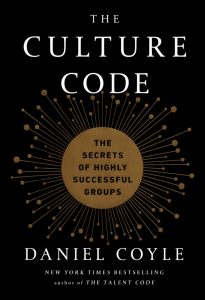 The state of being exposed? The possibility of being attacked or harmed? Emotionally or physically? Does this have anything to do with coaching, management, or leadership? You’re damn right it does. Think about ego and vulnerability. Now put them on different sides of a see-saw. What they have is an inverse relationship and sit on opposite sides of the spectrum. You cant have both simultaneously. In other words, you can’t think you’re right all the time but then admit to being wrong and not knowing something.
The state of being exposed? The possibility of being attacked or harmed? Emotionally or physically? Does this have anything to do with coaching, management, or leadership? You’re damn right it does. Think about ego and vulnerability. Now put them on different sides of a see-saw. What they have is an inverse relationship and sit on opposite sides of the spectrum. You cant have both simultaneously. In other words, you can’t think you’re right all the time but then admit to being wrong and not knowing something.
Vulnerability is the antidote to an out of control ego
If eradicating the ego is what we need to do to build trust then vulnerability is the antidote. For example, in Daniel Coyle’s Culture Code, Dr. Jeff Polzer a professor of organizational behavior at Harvard university, states:
“People tend to think of vulnerability in a touchy-feely way, but that’s not what’s happening. It’s about sending a really clear signal that you have weaknesses, that you could use help. And if that behavior becomes a model for others (your team), then you can set the insecurities aside and get to work, start to trust each other and help each other. If you never have that vulnerable moment, on the other hand, then people will try to cover up their weaknesses, and every little micro-task becomes a place where insecurities manifest themselves”
There you have it. “…if your behavior becomes a model for others, then you can set insecurities aside and get to work, start to trust each other and help each other.” I have found that there is no other more valuable attribute to embody than the ability to be ok with not being ok. For instance, put yourself in the situation where your superior admits to not knowing something and asks for your advice. For a moment, you’re now on the same level and you feel valued. In contrast to thinking they’re right all the time, you’re now working together.
It goes both ways
If you can bring your guard down and admit you don’t know everything then people will buy-in to you more and be willing to ask you questions and tell you things. You’re now on the same level. It’s quite a liberating feeling Also, if you can ask teammates for their recommendations on important decisions, you’ve now given them purpose, made them feel included and made them feel important. Therefore, they’ll believe and trust in you more. If you’re able to do this then people show up not only for you but WITH you.
Do we have to use caution? Certainly. We don’t want to walk around telling people we don’t know what we’re doing. You’ll have to use common sense here using vulnerability strategically.

Show Them How Much You Care
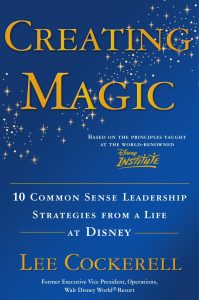 We want to win, yes, this is true. However we’ll never get there though if our players and colleagues don’t think we truly care about them. Birthdays, sick relatives, anniversaries, weddings, all of it. So we have to be aware of these events in their lives and either make them feel special during it, or be there for consolation.
We want to win, yes, this is true. However we’ll never get there though if our players and colleagues don’t think we truly care about them. Birthdays, sick relatives, anniversaries, weddings, all of it. So we have to be aware of these events in their lives and either make them feel special during it, or be there for consolation.
For instance, I remember reading a story in Creating Magic by Lee Cockerell where an employee of Disney was injured, so the company bought a wheelchair and sent it over to the house to help them out. Talk about creating buy-in!
Above all, what we need to think about here is treating the employee as if they were the customer. Why would you go above and beyond for the customer who helps your business but then not do the same for the people who make that possible? It’s that simple. If you go above and beyond for someone and show them you care, they are going to show up time and time again with the right attitude.


